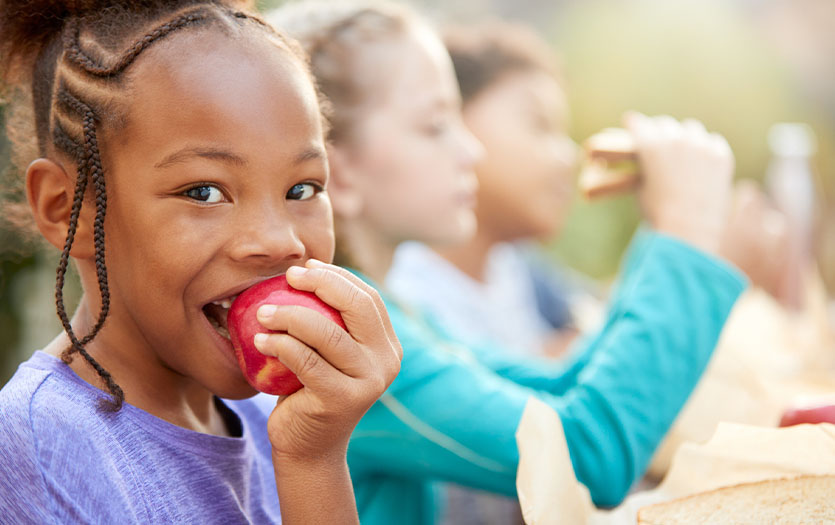
This post was written based on an appearance by Manpreet Khemka, MD, PPG – Psychiatry, on the wane15 program Real Talk on Mental Health.
What we eat is one of the most important pillars of the lifestyle choices that we make that can influence both our physical and mental health.
Mental health isn’t just about depression, anxiety, impulsivity or addiction. It's also how vital and motivated we feel in our day-to-day functioning. If you have a child who is irritable or overly emotional, or a younger child who is having a hard time sitting still when appropriate or is displaying interruptive, impulsive behavior, it’s important to ask what the child is eating.
How diet influences mental health
There are two ways that we currently understand how food can influence mental health.
The first is through the gut microbiome. It's kind of like we all have an Amazon rainforest inside of us, with trillions of microorganisms in our gut that constantly talk to our brain through the gut-brain axis. The healthier the gut microbiome, the healthier the person’s mental and physical health.
The second is the importance of micronutrients, vitamins and minerals. They are so crucial, as they influence many chemical reactions that take place in the brain.
Eating to benefit mental health
Maintaining a good, healthy gut microbiome in kids is the best investment in their health. There are three ways to support this:
No. 1 – Eat food
No. 2 – Mostly plant-based
No. 3 – Watch your portions
When I say eat food in current times, I mean good food, of substance. Many of the things we feed our children these days are not natural. Parents want to stick with minimally processed foods, as close to their natural state as possible. This ensures that they are getting adequate fiber, omega-3 fatty acids and micronutrients, like vitamins and minerals, and reduces the child’s intake of sugar, salt, preservatives, emulsifiers synthetic additives and trans fats.
These undesirable ingredients break down the gut lining which can lead to chronic inflammation in the body. Chronic inflammation in the brain can cause depression, anxiety, behavioral problems, ADHD and some autistic tendencies in children.
When we talk about focusing on plant-based eating, we’re talking about foods like fruits, vegetables, millets, legumes and lentils. You want to aim for organic, as close to their natural form as possible. Shopping local and in-season produce can help with this. It also limits pesticides and other chemicals.
Making healthy dietary choices for your child can help set them up for a happier gut, and a happier life.
If you have concerns about your child’s mental health, call the Parkview Behavioral health Institute HelpLine at 260-471-9440 or 1-800-284-8439 to receive an assessment or learn more about our services 24 hours a day, seven days a week. Learn more about our youth mental health services here.



